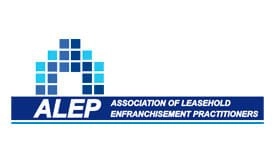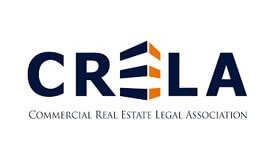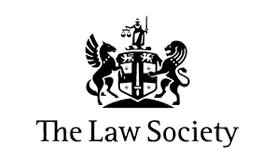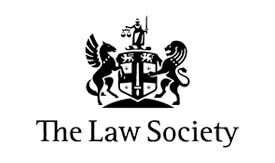If you are considering loaning money to your family members, you need to understand loans and loan agreements fully to prevent any future disputes and legal issues. A poorly structured loan agreement between family members can cause lasting effects on your personal relationship if they fail to pay loan payments on time, forcing legal action to be taken, such as seizing their assets. Seeking the help of legal professionals can help prevent any of these outcomes as you will have a well-structured agreement which both parties agree upon.
What is a loan?
A loan is a process of lending money to an individual, organisation or other entities, the money is then paid back in a lump sum or multiple instalments over a specific amount of time, this is all set out within the loan agreement both parties have to sign. When loaning money to a family member It is important to understand that this kind of loan to a family member or friend could fall within the provisions of the Consumer Credit Act 1974 (‘CCA’).
What do I need to do if the CCA applies to my loan?
If a loan is caught by the provisions of the CCA, you should check whether the lender needs authorisation from the Financial Conduct Authority to make the loan and ensure that the loan agreement complies with the regulations set out in the CCA.
Was it a loan or a gift?
One of the most common ways to dispute a loan between a family member or friends is by saying the money was a gift and not a loan, whilst having a loan agreement is a strong piece of evidence to say that the loan was agreed upon it is not conclusive to the court as they will look at the situation between you and the other family member and decide if it was a gift or a loan. As you and the borrower will have more of a personal connection as you are family or friends emails and text messages can muddy the exact terms which have been agreed upon.
Even if it is clear that you advanced the money as a loan, not a gift problems can still arise in enforcing the payments as the lender if you insisted on full compliance. In simpler terms, the borrower may argue that the contract terms have been varied or that you’ve waived any breach of the agreement. An example of this is if the lender has failed to enforce payments on a regular basis or demanded payment under what you both agreed upon in the contract in the past and has still taken no action then the borrower can argue against that.
What are the risks of an informal loan?
Even if you trust that family member or friend a lot lending money informally with no written agreement can lead to many issues in the future the main one not receiving your money back. This is why it is important to make sure you follow all the legal procedures put in place when loaning money to another individual even if it is family as having no loan agreement means you can’t take any legal action against them if they refuse to pay.
What should I do if the borrower fails to pay the loan back?
If you have lent money to a family member and they refused to pay their loan back emotions can run very high. Your initial idea may be to try to sue them, however, getting a civil court judgment does not mean that you will get your money, this means that even if you do go through all the court procedures you might not receive your money straight away. It may be more beneficial to try to sort it out between both of you before you take legal action, you could change the agreement to give the borrower more time to repay the loan to cause fewer disputes and avoid taking legal action.
If this fails it is important to seek advice from a professional as they will act as a buffer between both parties to cut out the high amount of emotions that come with family or friends. The legal advice you receive should clearly state the best procedure for the lender to get their money back if the borrower fails to pay.
What security is involved in a family loan?
Just like any other loan agreement, there will be procedures put in place if the borrower fails to make their repayments on time, this normally results in the lender seizing their assets such as property, cars or even saving and investments. This acts as collateral if the borrower fails to pay their loan back over the agreed amount of time which has been written. It is important to understand that this kind of loan to a family member or friend could fall within the provisions of the Consumer Credit Act 1974 (‘CCA’).
Why should you keep a record of loan payments?
It is important to keep a record of the payment you send to the borrower as it acts as a starting point for the agreement to start, this now means the loan agreement process starts. This can also help in any legal disputes about the loan such as when it started or when payments are due, the record could be a copy of the bank transfer or cheque.
What are the advantages and disadvantages of a family loan?
Here are some of the advantages and disadvantages of a family loan agreement:
Pros
- No forms to fill in or credit checks.
- Low-interest rate or none at all.
- Flexible payment terms.
Cons
- Can’t offer floating interest rates as easily.
- Smaller loans than the bank might have.
- Only offer term loans, no lines of credit.
- Can damage close relationships with family members or friends.










